|
The passing of Egyptian feminist icon Nawal El Saadawi is an opportunity to reflect on some of the core aspects of her towering career. Much has been made of her firebrand activism and spell in jail, of her spectacular autobiography A Daughter of Isis and her role as a public health administrator – she was also a leading psychiatrist. But there was a great deal more to her, as literature professor and friend Adele Newson-Horst sets out
in an insightful and fitting tribute. Among her other attributes were her ability to traverse both science and art, her refusal to compromise and her vast skills as a novelist and playwright.
India has stepped up its global ambitions and foreign policy re-engagement with African countries in recent years. It’s now the third largest export destination and the fifth largest investor on the continent. Aside from its reputation as the world’s pharmacy, Indian expertise in affordable healthcare has assumed increased significance during the ongoing pandemic. Dan Banik and Renu Modi explain how India is making good use of its
historical ties and current strengths to increase its footprint and foster co-operation with Africa. A recent example of this is a joint petition with South Africa calling for a temporary patent waiver on drugs and COVID-19 vaccines to benefit poor countries.
For many people around the world who can do their job from home, the pandemic has meant a sudden shift from office-based to remote working. But this great experiment has taken its toll on some. In the latest episode of The Conversation Weekly podcast, four experts on remote work dissect the impact a year of working from home has had on employees and the companies they work for – and what a more hybrid future might look like.
|
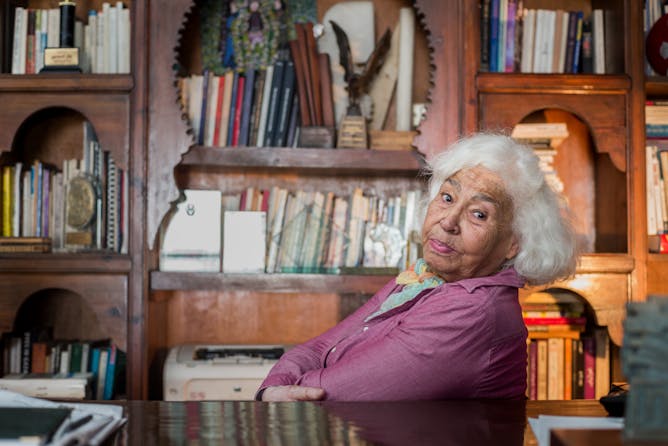
Nawal El Saadawi at home in 2015.
David Degner/Getty Images
Adele Newson-Horst, Morgan State University
A firebrand activist for women's rights, her novels espoused truths that made her hugely unpopular with the government.
|
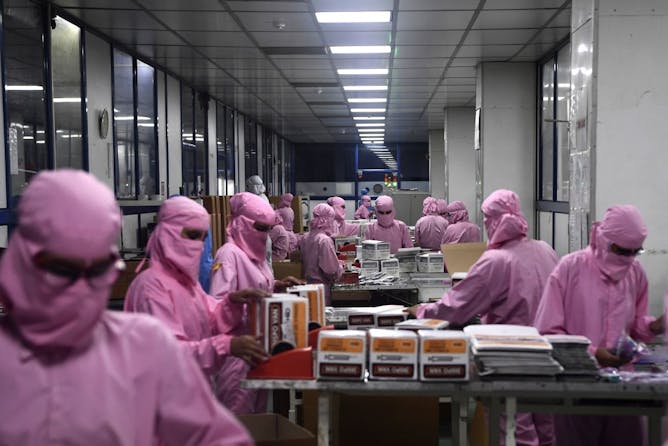
Workers at India’s biggest syringe manufacturer ramp up production in September 2020 in race to meet COVID-19 vaccine-driven demand.
Photo by SAJJAD HUSSAIN/AFP via Getty Images
Dan Banik, University of Oslo; Renu Modi, University of Mumbai
There are three broad sets of health-related opportunities and benefits that may shape the future of India-Africa relations.
|

Ready to go back to the office?
Sam Wordley via Shutterstock
Gemma Ware, The Conversation; Daniel Merino, The Conversation
Plus why your genes determine how you deal with cold temperatures. Listen to episode 8 of The Conversation Weekly.
|
Energy + Environment
|
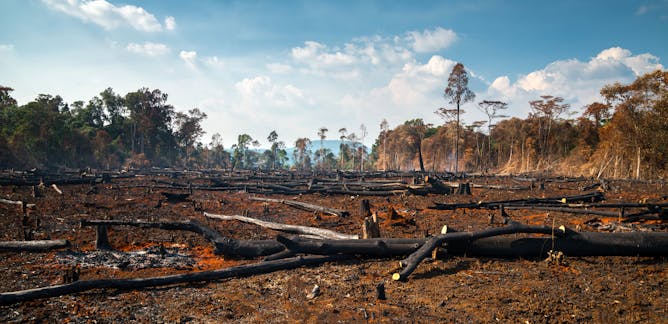
David Burslem, University of Aberdeen; Christopher Philipson, Swiss Federal Institute of Technology Zurich; Mark Cutler, University of Dundee
Scientists in Malaysia monitored a forest for 20 years after deforestation.
| |
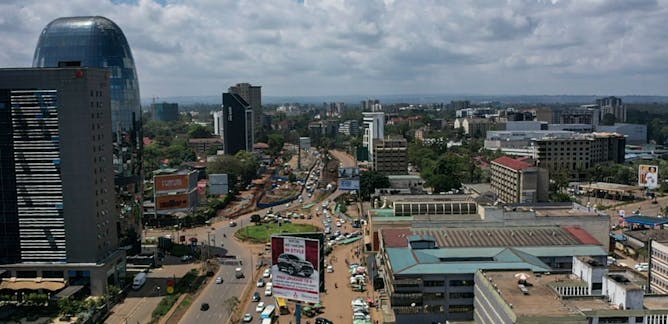
Eric Fèvre, University of Liverpool; James Hassell, Yale University
Nairobi harbours all the ingredients for zoonotic spillover to occur between animals and people, particularly in the most densely populated areas of the city.
|
|
|
Health + Medicine
|

Maureen Ferran, Rochester Institute of Technology
AstraZeneca just announced results from its US-based trial. It found the vaccine to be 79% effective and safe for use, despite recent concerns around reports of blood clots.
| |
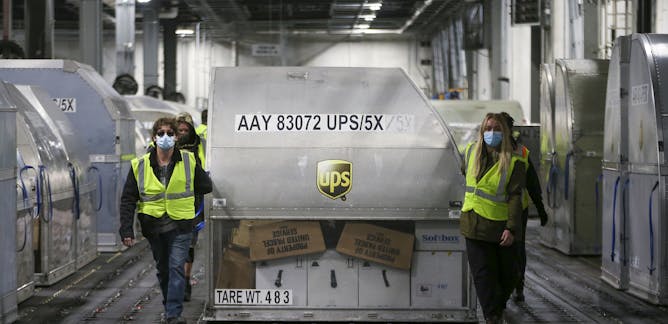
William Petri, University of Virginia
The vaccine rollout is underway, but what happens if there is a supply disruption? Would it be feasible to change strategy and give more people a first dose? An expert analyzes the data.
|
|
|
En Français
|
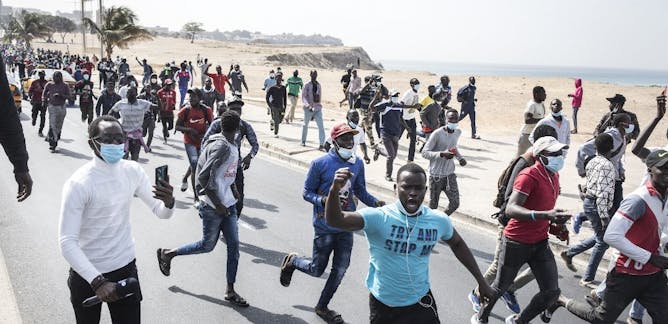
Mohamed Sakho Jimbira, Université de Lorraine
La mobilisation d’une partie de la population sénégalaise contre le pouvoir du président Macky Sall doit beaucoup à l’inventivité et au dynamisme des internautes.
| |
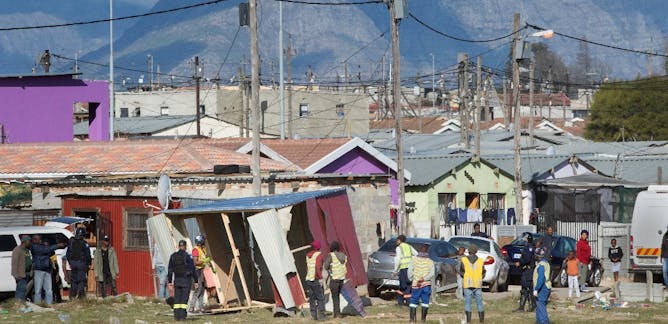
Irène Salenson, Agence française de développement (AFD); Andreas Scheba, Human Sciences Research Council; Ivan Turok, Human Sciences Research Council; Justin Visagie, Human Sciences Research Council
Analyse des effets d’un ambitieux programme de logement social mis en place en Afrique du Sud en 2006.
|
|
|